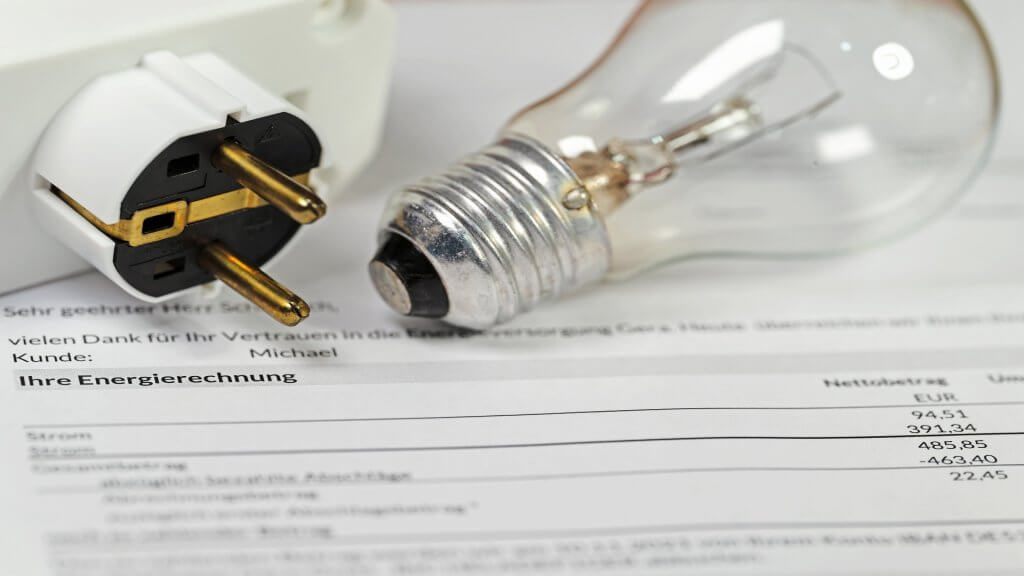Car accidents can happen to anyone, anywhere, and at any time. Whether you’re an experienced driver or just starting out, it’s essential to have a good understanding of car accident laws. In this article, we’ll delve into these laws, covering everything from traffic regulations to liability laws, and we’ll also discuss the steps to take if you find yourself in an accident. We’ll even touch on when it might be wise to consult with a Portland car accident attorney or a truck accident attorney for some expert advice.
Types of Car Accident Laws
Car accident laws can be categorized into several types, each serving a specific purpose within the legal framework:
● Traffic Laws and Regulation.
● Liability Laws.
● No-Fault Laws.
● Comparative Negligence Laws.
Traffic Laws and Regulations
Traffic laws and regulations form the foundation of safe driving. They cover a wide range of guidelines, including speed limits, right-of-way, turn signals, and obeying traffic signals. Violating these rules can result in fines, penalties, and increased insurance rates.
Staying informed about your state’s specific traffic laws is essential, as they can vary between jurisdictions. Adhering to these laws not only promotes safety but also plays a vital role in determining liability in case of an accident.
Liability Laws
Liability laws come into play when determining responsibility for an accident and the obligation to compensate the injured party. States employ different systems:
● Fault-Based System.
● No-Fault System.
No-Fault Laws
No-fault car accident laws streamline the compensation process. They ensure that each driver’s insurance company covers their medical expenses, regardless of fault. While this system expedites claims and reduces court cases, it may limit the ability to sue for non-economic damages like pain and suffering.
In no-fault states, your insurance typically covers medical bills and lost wages. However, for severe injuries or specific state criteria, you may pursue a personal injury claim against the at-fault driver for additional damages.
Comparative Negligence Laws
Comparative negligence laws apply when multiple parties share blame for an accident. They determine the degree of fault for each involved party, affecting compensation. For example, if you were speeding but the other driver ran a red light, both parties may share responsibility.
Not all states follow the same comparative negligence rules. Some use pure comparative negligence, allowing recovery even if primarily at fault, while others employ a modified system that limits recovery if mostly responsible.
Steps to Take After a Car Accident
Immediately following a car accident, taking the right steps is vital to ensure your safety and protect your rights:
● Check for Injuries.
● Contact Law Enforcement.
● Exchange Information.
● Gather Evidence.
● Report to Your Insurance Company.
● Seek Medical Attention.
● Consult a Car Accident Attorney.
If you need access to medical treatment or capital to law firms, Rockpoint Legal Funding is the best option that will provide you with funds while your case is being resolved.
Legal Rights and Responsibilities
Understanding your legal rights and responsibilities as a driver is vital. When involved in a car accident, certain actions are required by law, while others can significantly impact the outcome of your case:
● Duty to Stop.
● Reporting the Accident.
● Insurance Claims.
● Consulting an Attorney.
Legal Consequences of Car Accidents
Car accidents can have significant legal consequences, depending on the circumstances and severity of the collision. These consequences can affect both at-fault and non-fault drivers:
● Traffic Violations: Minor accidents may result in traffic citations for violations such as speeding, running a red light, or reckless driving. These violations can lead to fines, points on your driving record, and increased insurance rates.
● Criminal Charges: In more serious cases, car accidents can lead to criminal charges. DUI (Driving Under the Influence) accidents often result in criminal charges, including fines, license suspension, and even jail time.
● Personal Injury Claims: The injured party may file a personal injury claim against the at-fault driver. This claim seeks compensation for medical expenses, lost wages, pain and suffering, and other damages.
● Civil Lawsuits: In cases of severe injuries or disputes over fault and insurance coverage, individuals involved in car accidents may pursue civil lawsuits to seek compensation beyond what insurance offers.
Seeking Legal Advice
Dealing with car accidents and their legal implications doesn’t have to be a solo endeavor. Legal professionals are available to provide guidance and support throughout the process.
If you find yourself injured in a car accident, believe you were not at fault, or face challenges with insurance claims, seeking legal advice is a prudent step. Experienced attorneys can evaluate your case, offer expert guidance, and represent your interests to ensure you receive the compensation you deserve.




















